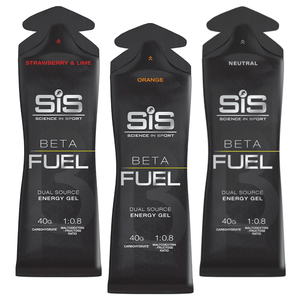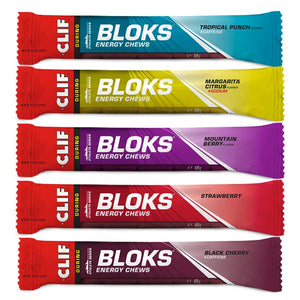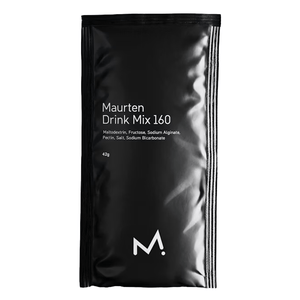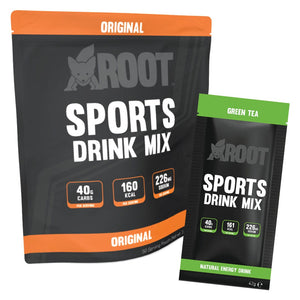It’s your choice - with our knowledge.

Sports Nutrition for Beginners
Not everyone is a seasoned runner, you may be looking to take you first steps back to exercising, whether that be walking, running, swimming and cycling. What is important is to build up slowly, as this main cause of injuries is too much too soon. Create a basic plan with small steps increase either the distances or time but by no more that 10% each week and also try to maintain a good energy balance.
You can use our Nutrition Calculator to help plan the nutrition side of your journey.
- Depression - Self Confidence
- Diabetes - Health Blood Sugar Levels
- Osteoporosis - Bone Density
- Weight - Diet and Weight Management
- Heart Disease - Blood Pressure and HDL 'Good Cholesterol'
- Immune System
Recommended entry level of 'Moderate' activity
(Moderate activity includes Cycling, Running & Walking)
- 2.5 hours per week
- 5 x 30 min sessions (min 10 mins per session)
If you are getting back into running, start with a run walk program or couch to 5k course.
Next step is to incorporate 'Vigorous' activity
(Moderate activity includes Swimming, Walking & Running)
- 75 minutes per week
+ look to incorporate some cross \ core training such as;
- Stretching
- Core Strength exercise
- Yoga
- Pilates
Check our these articles from elite ultra runner and performance coach Carla Molinaro:
- Intensity
- Duration
- Type
- Level of fitness
- Diet
To ensure your continued energy balance and achieve a safe weight loss program, it's important to;
- Intake < Expenditure
- < 250 kcal (Over Intake)
- < 250 kcal (Expenditure)
- 500 kcal per day under intake including increased expenditure
- Safe weight loss 1 - 2 lb body fat per week.
If you are overweight or looking to lose weight it's important to remember a controlled change via diet and exercise will be a safer and more manageable long term solution v's quick fix diets and fasting.
Training nutrition verses Race Fuel
It's not all about energy gels, energy chews, energy drinks. Yes this is important for ensuring you get the fuel you need during your race BUT to really gain improvements in performance you need to look at you training nutrition in line with your training plan.
AND race fuel is not a replacement for your daily balanced diet, this is extra fuel you are using to ensure you preform at your best on event day.
Breakfast for Endurance Runners! Must do or optional?
There is an open debate on most forums and social media sites over the benefits of eating breakfast of fasting until lunch.
We recommend for endurance based athletes eating breakfast is a key pillar in your diet, breakfast will help assist with achieving a better energy balance.
For endurance sports training this points to the benefits for eating breakfast as the first meal of the day. However this does not always mean a high carbohydrate based meal and should be part of a planned balanced diet.
Also the timing of breakfast can very depending on your training schedule so pre or post workout.
For endurance athletes in training their are benefits to eating before a session and eating after a session (fasted state). There are a number of dependencies that should be taken into account including; your target, the session and also has implications with your own time management. For example eating too close to a early morning session might have an overall negative impact or you might be looking to train in a more depleted \ fasted state for a set session.
A time where breakfast is important and will have a positive impact is on race day. It's advisable to eat breakfast at least 2 hours before and a breakfast containing a carbohydrate rich makeup to provide the energy to maximise performance.
We hope this has been helpful. and given you food for thought...
It’s your choice - with our knowledge.














































































































